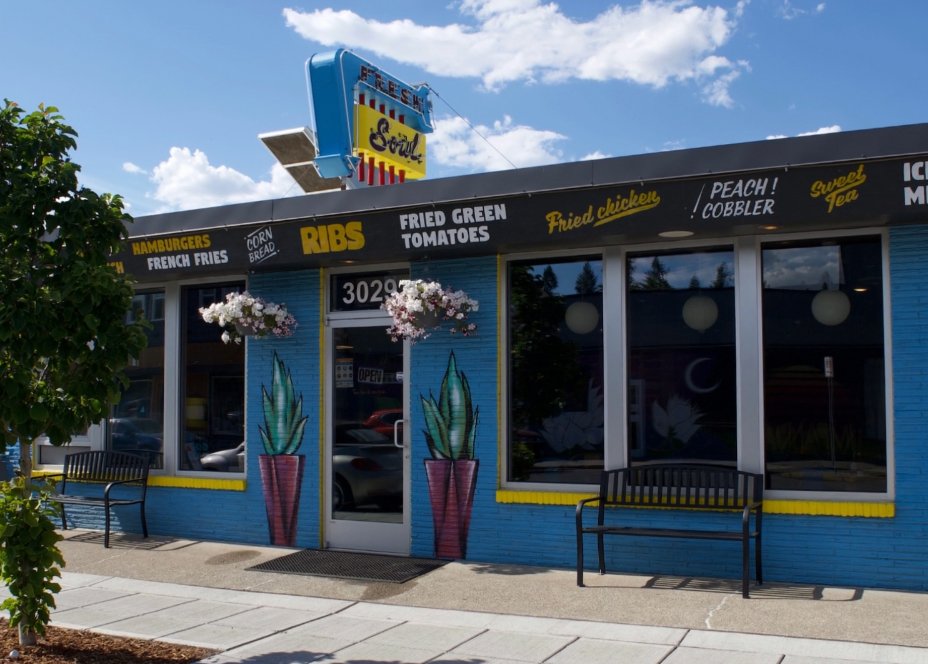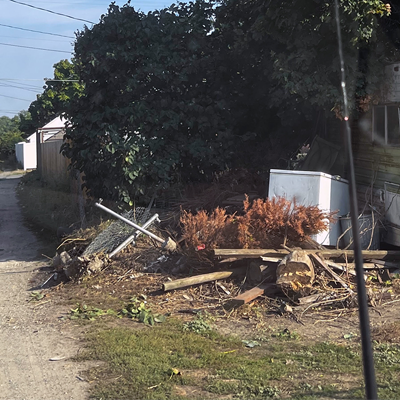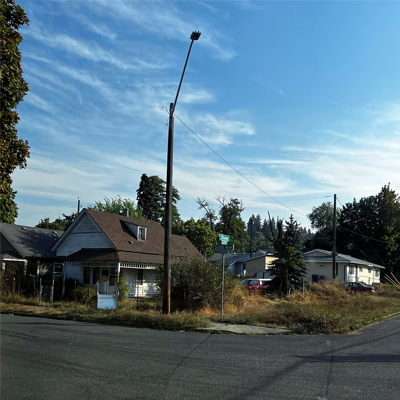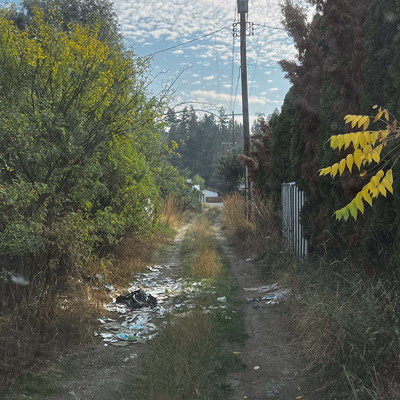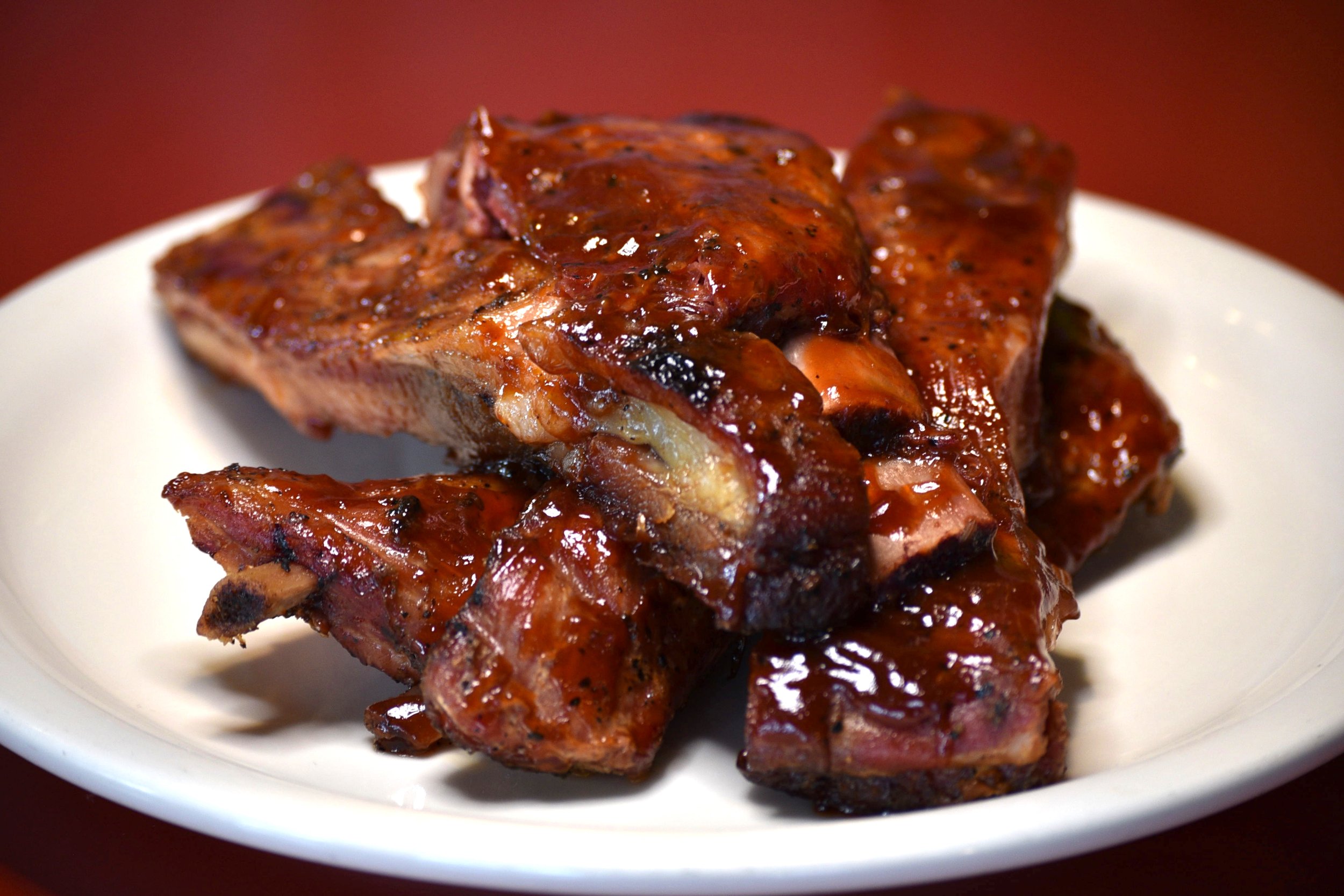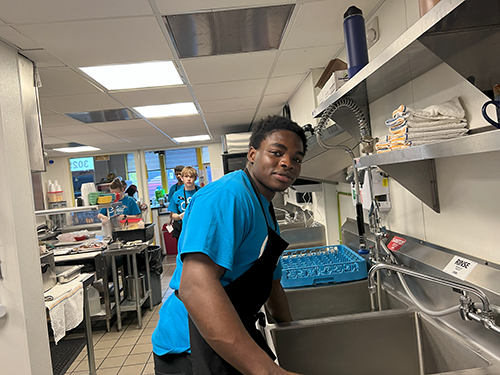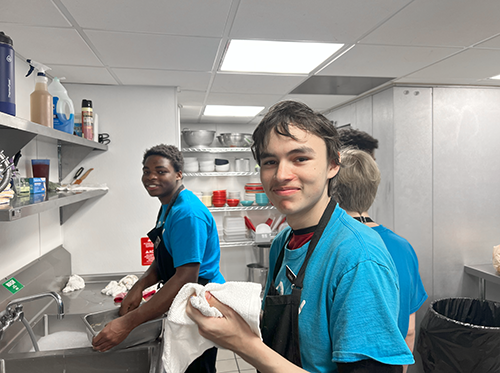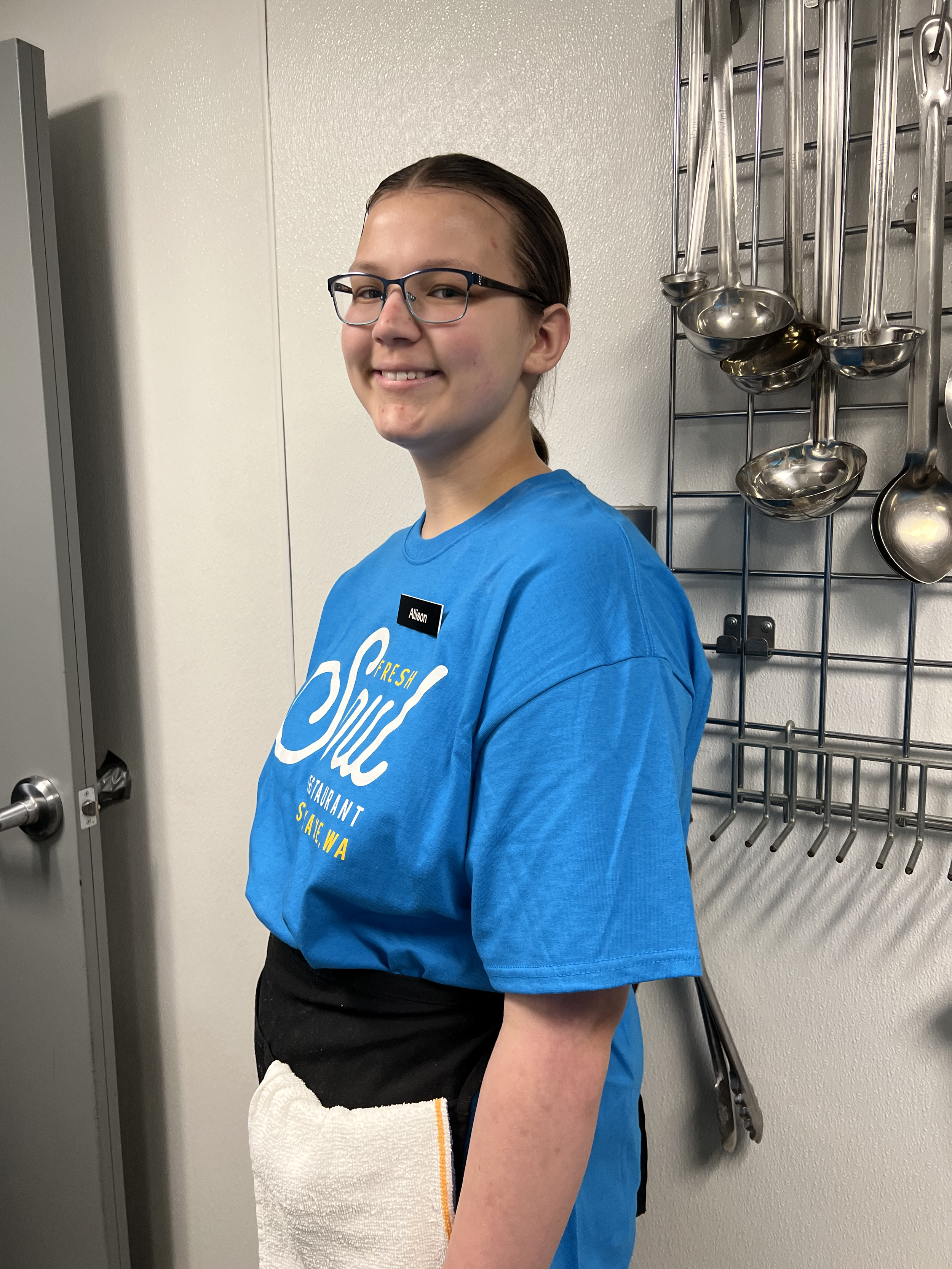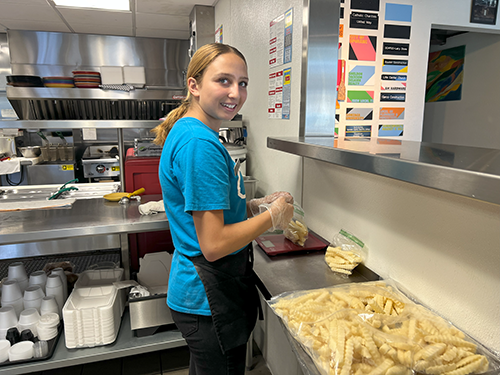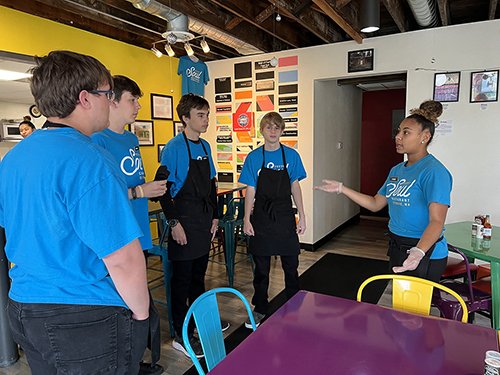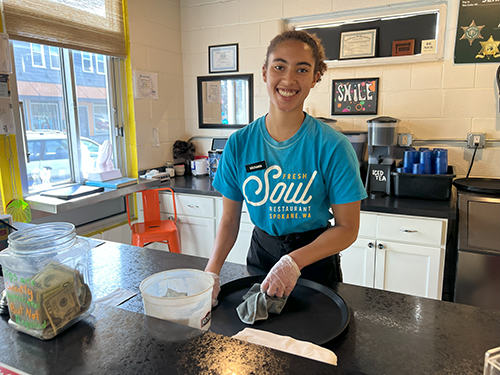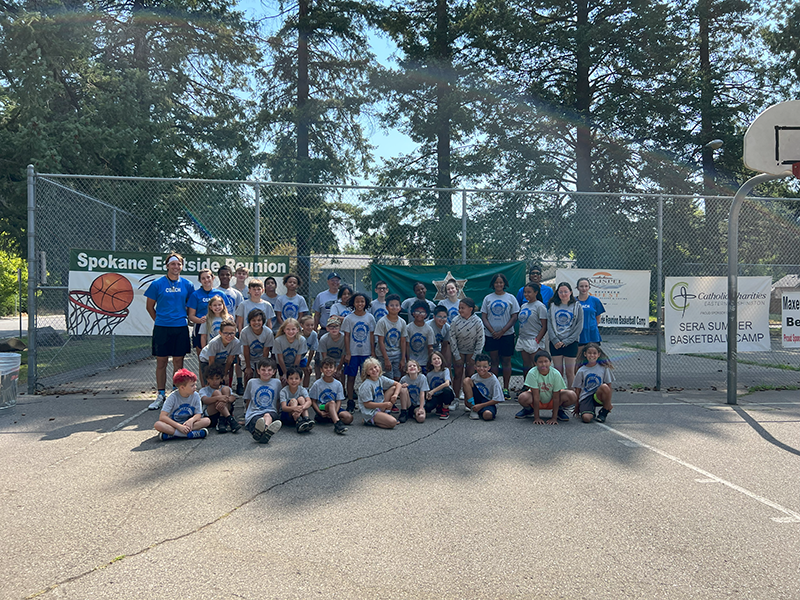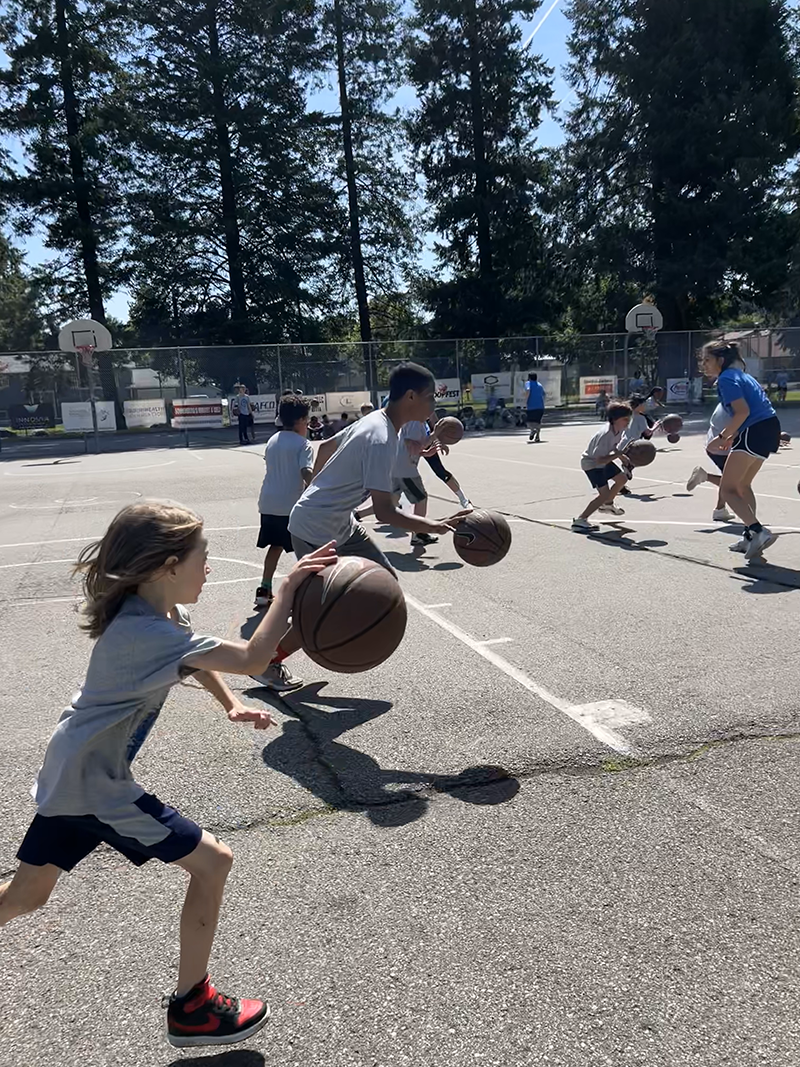Fresh Soul
– A Soul Food Restaurant with A Mission
What is Fresh Soul?
Why Soul Food?
Giving Hope and Building Community
What is Fresh Soul?
Located at 3029 E 5th Ave in Spokane’s East Central neighborhood, Fresh Soul is a social enterprise soul food restaurant with a job training program for teens. We serve the Spokane, WA community and beyond with authentic soul food in a vibrant restaurant located on a revitalizing block. As a job training program, we serve teens aged 14-18, who are low-income/low-wealth youth and youth of color living in Spokane and specifically the East Central neighborhood.
Front of the Fresh Soul restaurant located at 3029 E 5th Ave on the corner of Fiske and 5th Ave.

